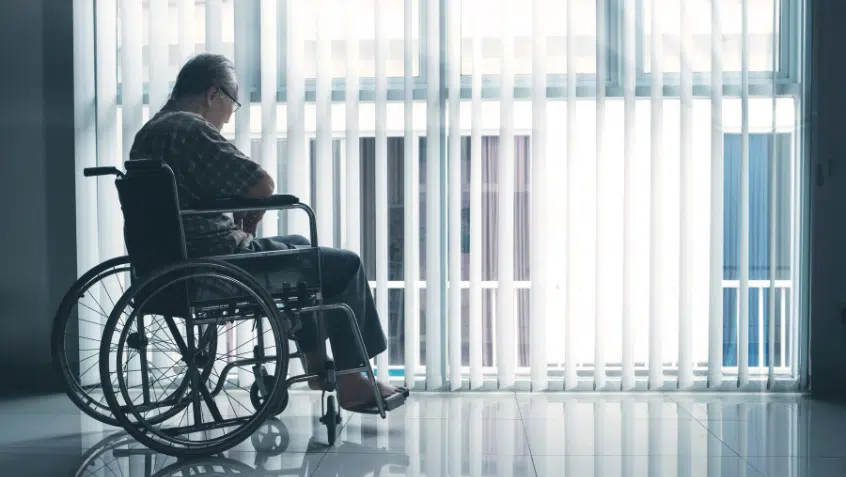New Brookings Whitepaper Examines Health Care Landscape for Older Adults

A new whitepaper from the Brookings Center on Health Policy draws on an array of data sources to identify opportunities to improve the mental health care landscape for older adults. The analysis focuses on the following observations:
There are disparities in rates of mental illness, substance use disorder (SUD), and suicide among older adults. The authors found significant variations in the prevalence of mental illness and suicide: Black and lower-income older adults were most likely to experience mental illness and substance use disorder; women were more likely to experience mental illness, and men were more likely to experience SUD. Across all age groups, men had significantly higher suicide rates than women.
Mental health, functional impairment, and economic disadvantage collectively impact the experience of aging. They also noted links between social isolation, functional impairment, financial insecurity, and poor mental health. For example, older adults with symptoms of depression were more likely to feel lonely, live alone, and have smaller social networks, and those with functional limitations were more likely to have symptoms of depression and alcohol use disorder. Similarly, rates of depression grew alongside functional impairment, and depression symptoms were highest among those with the lowest incomes.
Care settings vary, telehealth remains prominent. The authors observed that outpatient care settings tend to differ based on mental illness type and complexity. For example, older adults with depression or no mental illness diagnosis typically saw private therapists while those with severe illness were more likely to access mental health clinics; people with SUD usually received care at rehab facilities and self-help groups. Despite these differences, telehealth services were the most heavily used, regardless of diagnosis.
Barriers to accessing mental health care persist among older adults. Critically, the data suggest many older adults with mental illness are not receiving treatment at all, which the authors attribute to barriers such as underinsurance, affordability, and stigma. Specifically, the authors found it likely that many Medicare enrollees with behavioral health needs experience financial challenges due to treatment costs and Medicare’s incomplete coverage. And that this, along with “stigma and misconceptions about mental health, is likely to discourage treatment as evidenced by lower rates of treatment among those with a diagnosed condition compared to the under 65-year-old population.”
Medicare Rights agrees that reforms are needed to improve behavioral health services for older adults. These include strengthening Medicare coverage rules, boosting plan and provider oversight, making it easier to obtain low-income assistance, and embedding financial and consumer protections program-wide, to ensure all beneficiaries have meaningful and timely access to care.
Read the whitepaper, The mental health landscape for older adults in the U.S.
Read more about Medicare coverage of mental health services on Medicare Interactive, and download helpful resources here.
The Latest
Most Read
Add Medicare to Your Inbox
Sign up to receive Medicare news, policy developments, and other useful updates from the Medicare Rights.
View this profile on InstagramMedicare Rights Center (@medicarerights) • Instagram photos and videos









